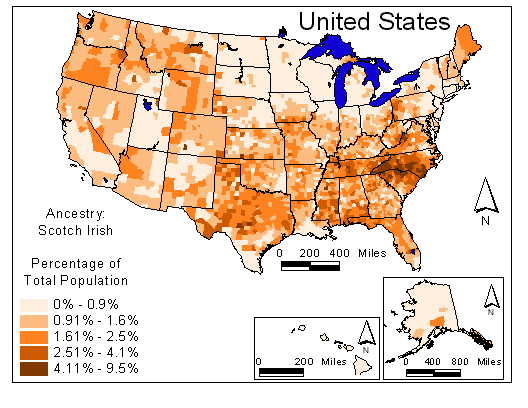Jabin said:
Langenator said:
The best course of action for the South might well have been not to secede at all. The slave states would have been outnumbered (Oregon and Nevada were always going to be free states, along with all of the territory north of Kansas) and thus outvoted in Congress and unable to elect an explicitly pro-slavery president, but the Northern states would have never been able to get past the 3/4 of the total number of states hurdle to pass an abolition amendment to the Constitution.
Could they have gotten a sufficient majority in the Senate, though, to make it illegal without making it unConstitutional? Isn't that what the southern states were afraid of?
A majority free state/free soil/anti-slavery Congress and President could take steps that would greatly weaken the institution of slavery, and cause slaves themselves to become less valuable.
- Ban slavery in the territories. This was a central plank of the Republican platform in both 1856 and 1860.
- Repeal the Fugitive Slave Act of 1850 (which the Northern states hated) and replace it with a federal version of the 'personal liberty' laws enacted by many northern states, which placed the burden of proof on the slave catcher to prove that the alleged fugitive slave that he had apprehended was, in fact, an escaped slave
- Possibly even enact a federal ban on the interstate slave trade, and possibly even interstate transport of slaves. I'm not sure how expansive the interpretation of the Interstate Commerce Clause was in the mid-19th century.
The two major categories of capital investment in the South, especially in the cotton states, was in land and slaves. Cotton land was a continuously depreciating asset, because cotton exhausted the soil. So without new land to open and exploit, they would eventually run out of land to grow cotton. (There were no chemical fertilizers yet, and George Washington Carver hadn't figured out how to use nitrogen-fixing crops to renew the soil.) And if the land to grow the cotton ran out, the value of the slaves would crash. In combination, this could potentially wipe out much of the net wealth of the South.



